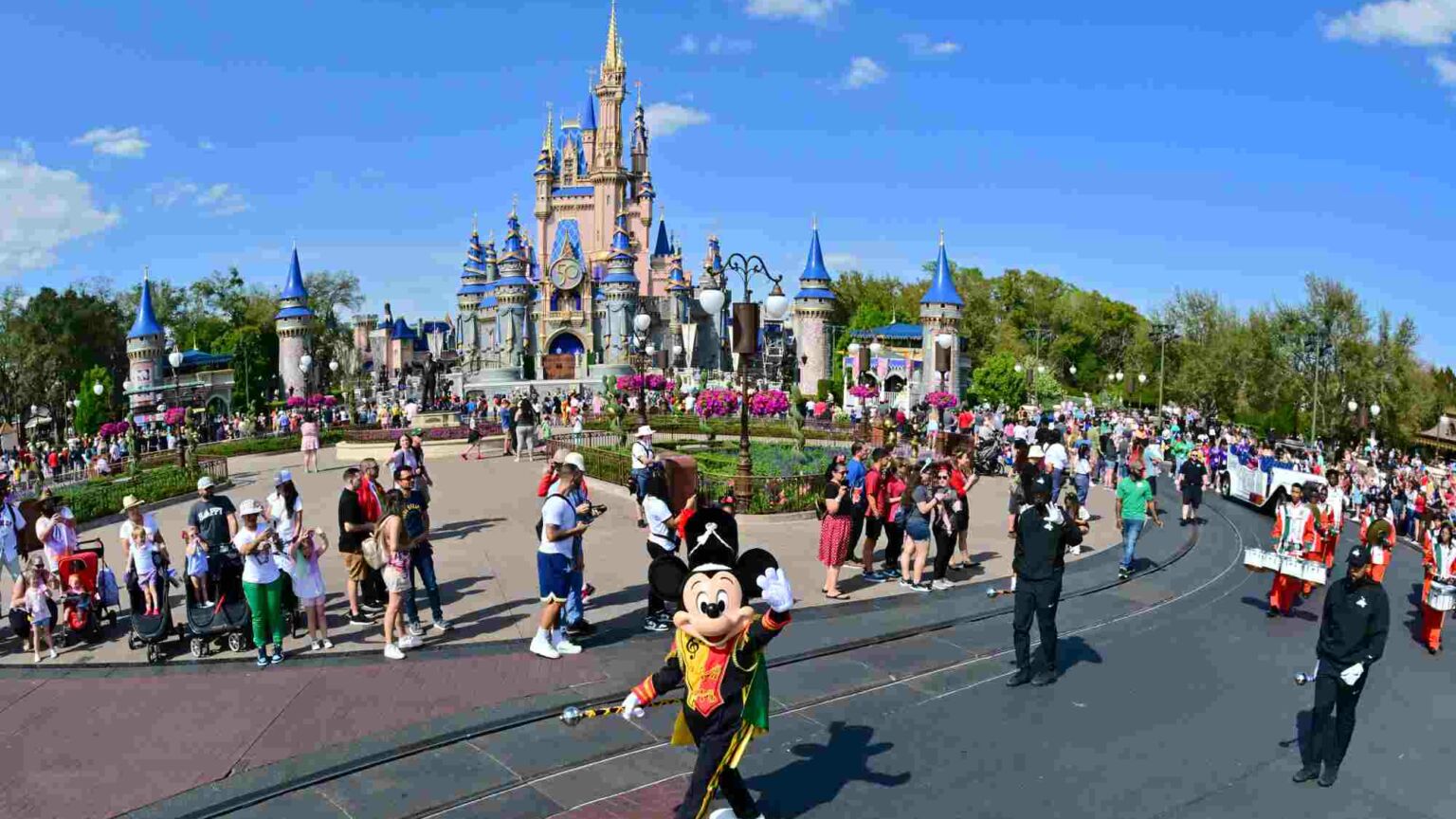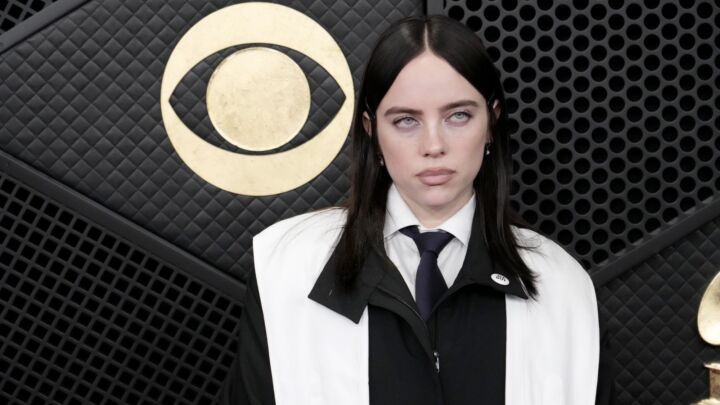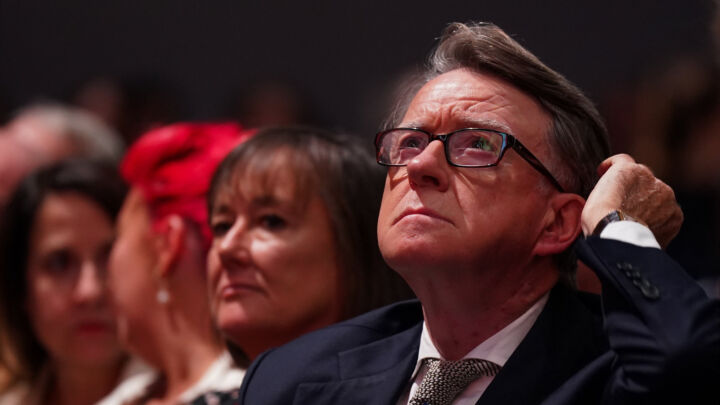Disney’s woke crusade is costing it dearly
The entertainment giant is alienating audiences and losing shedloads of money.

Want unlimited, ad-free access? Become a spiked supporter.
Life at the Walt Disney Company is not the fairytale it used to be. In recent years, the entertainment mega-corporation had enjoyed something of a renaissance – with its Disney+ streaming service the new jewel in the empire’s crown. But Disney shares are down 40 per cent this year, and last week’s quarterly report makes for grim reading. Disney’s expenses and operating losses are skyrocketing. Even the hugely popular Disney+, which continues to gain in subscribers, made an operating loss of $1.47 billion – more than double its loss last year. An internal memo last week announced job cuts and a hiring freeze.
Perhaps it is no coincidence that Disney’s troubles arrive in a year when the company has been distracted by politics. Indeed, it seems to have gone into overdrive to promote woke causes, both on screen and off.
Most infamously, in March, Disney waded into a bruising political battle with Florida governor Ron DeSantis, over his Parental Rights in Education Act. The law, now enacted, bans ‘classroom instruction’ on issues of ‘sexual orientation or gender identity’ for Florida schoolkids under the age of 10. Although the law has the overwhelming support of parents, from across the political spectrum, it sparked fury in media circles. Critics were quick to dub it the ‘Don’t Say Gay’ law, arguing that it ‘marginalises LGBTQ+ people’.
Disney was only too happy to join in the chorus of denunciation. The act ‘should never have passed’, said Disney in a statement. ‘Our goal as a company is for this law to be repealed by the legislature or struck down in the courts.’ Disney also pledged to donate $5million to organisations opposed to the law. But DeSantis hit back. He revoked a special tax status that Disney’s Florida theme parks had enjoyed since 1967.
Disney’s growing reputation for championing woke causes is costing it more than just its tax exemptions. It is now clearly damaging its relationship with audiences. As recently as March 2021, Disney’s public-approval rating was 77 per cent. But a September poll finds approval for Disney has now fallen to only 51 per cent among all Americans. And it has fallen into negative territory among Republicans. As pollster Chris Wilson notes: ‘It is highly unusual for a family entertainment company to find itself outside the good graces of so many Americans.’
A leaked internal video from earlier this year shows that Disney’s woke turn is very much part of a top-down agenda. Disney corporate president Karey Burke, herself a proud mother of ‘one transgender child and one pansexual child’, has lobbied for Disney to include ‘many, many, many LGBTQIA characters’ in its stories. She has even called for 50 per cent of Disney characters to be either ‘LGBTQIA’ or racial minorities.
Although Disney may not have met Burke’s quota yet, the emphasis on LGBT and racial themes is now clear in the output. For instance, one of Disney’s big misses this year was Lightyear, a Toy Story spin-off exploring the origins of spaceman Buzz Lightyear. Despite a whopping $200million budget, Lightyear hugely underperformed, earning back just $226million.
One likely reason for the flop is that most of the commentary and marketing around the film focused on its ‘queer representation’. The film’s lesbian kiss scene is a tiny part of the story, but it became an obsessive focus for the media. As one New York Post writer notes, filmgoers likely stayed away not because they would be offended by a gay kiss, but because ‘they thought Lightyear was a “message” movie’. And while ‘message movies’ seem to delight woke critics, they tend to be a major turn-off for cinemagoers who want to be entertained rather than lectured.
Sequels, spin-offs and remakes are usually a safe financial bet for film studios. But this tried-and-tested formula tends to go awry whenever politics is injected into well-loved franchises. Going by various recent reboots, Disney seems to be focusing more on diverse casting than actually crafting good films. This year’s live action remake of Pinocchio was praised by critics for featuring a black fairy godmother, and not much else. All of the media discussion around next year’s The Little Mermaid has so far focused on the fact that Ariel will be black. Audiences (bar a handful of grotesque Twitter trolls) have no objections to these casting choices. But when all the hype in the run-up to a new release is focused on such superficial details, we shouldn’t be so surprised if these films flop.
At every turn, Disney’s woke posturing is turning off audiences. Trite social-justice messages are no substitute for imaginative and compelling storytelling. And major corporations should know better than to keep sticking their noses into politics.
Laurie Wastell is an intern at spiked.
Picture by: Getty.
£1 a month for 3 months
You’ve hit your monthly free article limit.
Support spiked and get unlimited access.
Support spiked – £1 a month for 3 months
spiked is funded by readers like you. Only 0.1% of regular readers currently support us. If just 1% did, we could grow our team and step up the fight for free speech and democracy.
Become a spiked supporter and enjoy unlimited, ad-free access, bonus content and exclusive events – while helping to keep independent journalism alive.
———————————————————————————————————————————–
Exclusive January offer: join today for £1 a month for 3 months. Then £5 a month, cancel anytime.
———————————————————————————————————————————–
Monthly support makes the biggest difference. Thank you.









Comments
Want to join the conversation?
Only spiked supporters and patrons, who donate regularly to us, can comment on our articles.